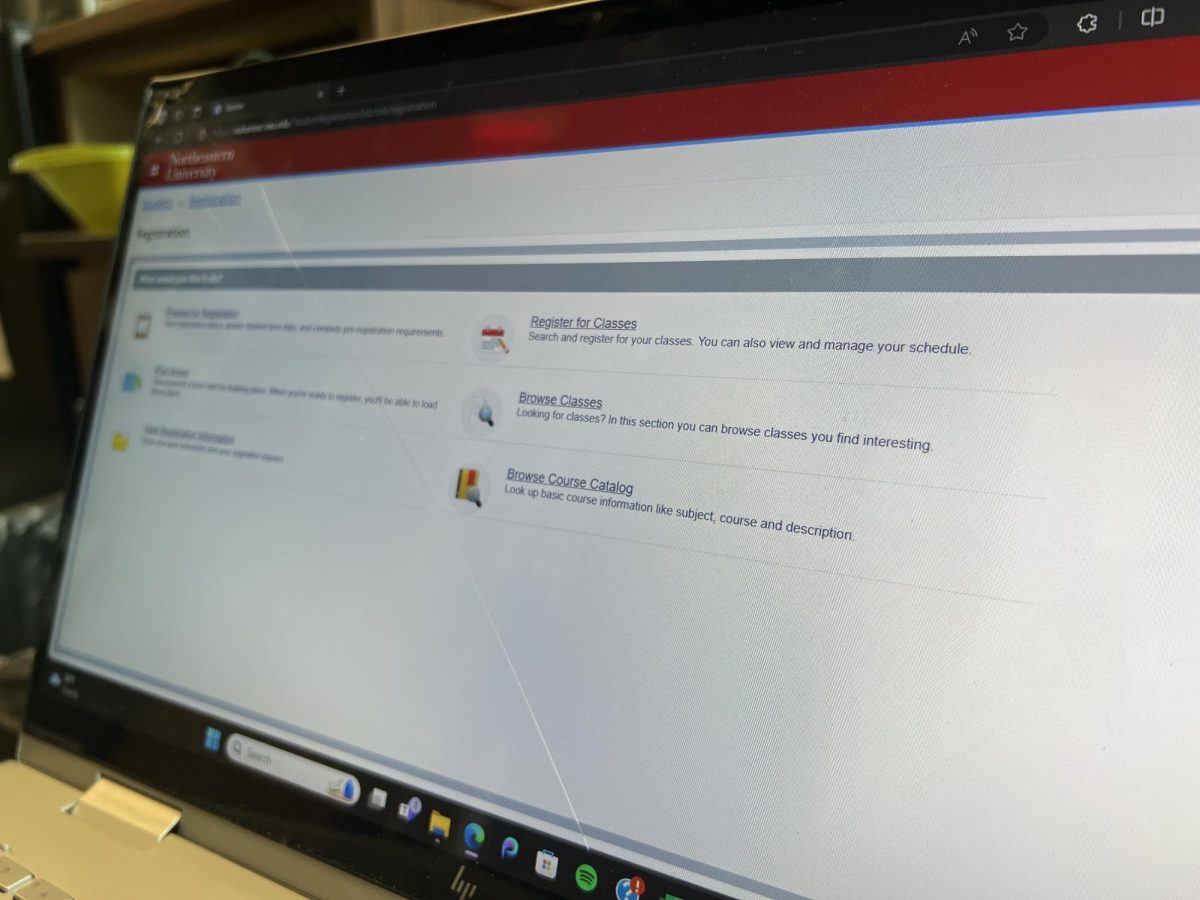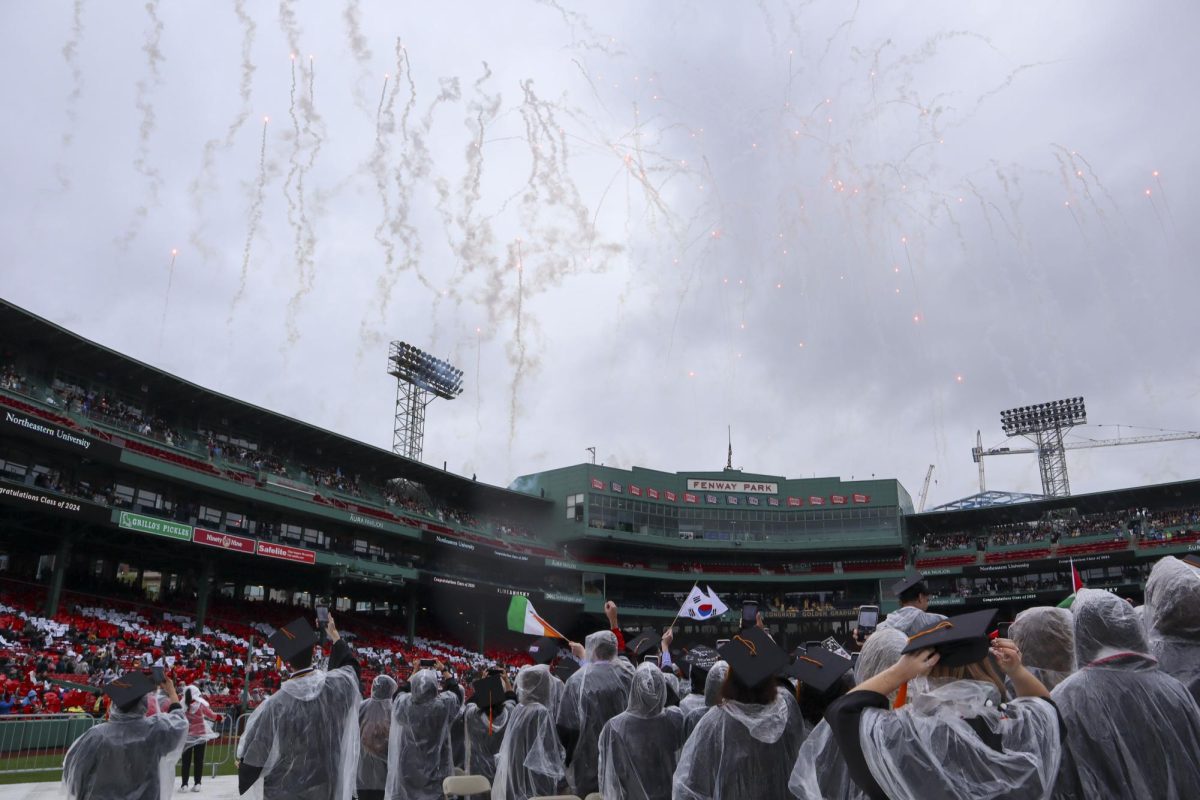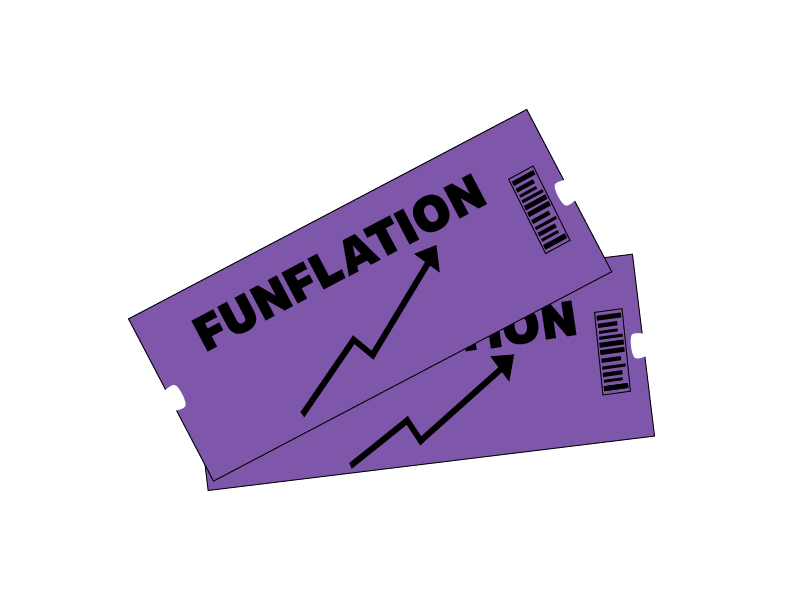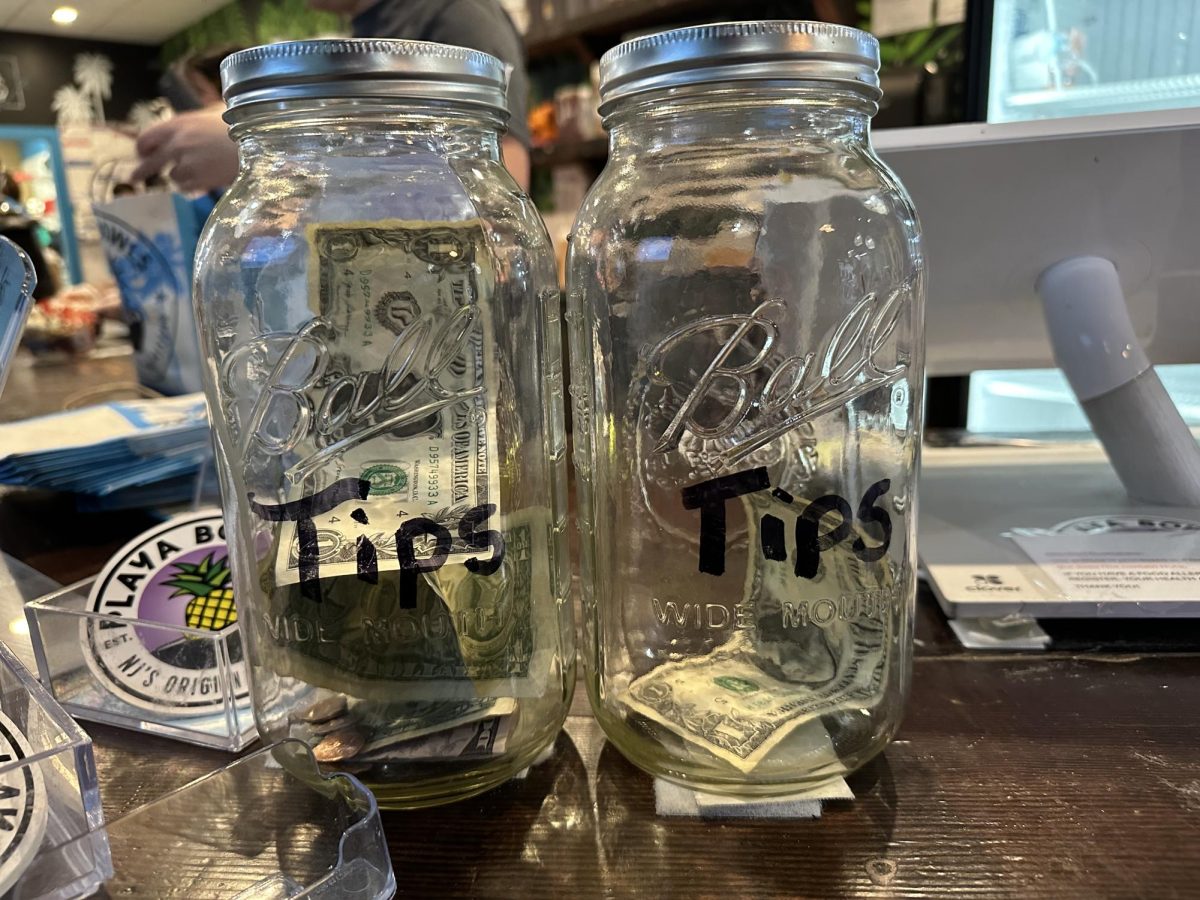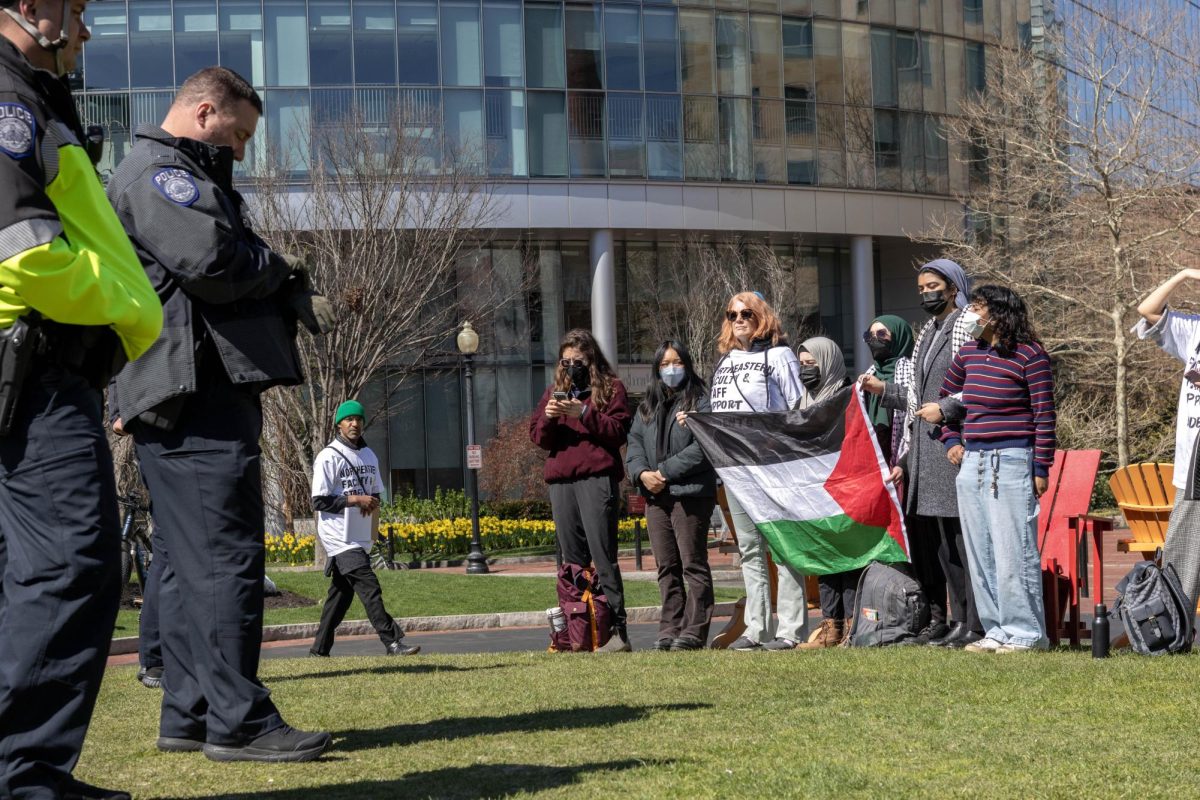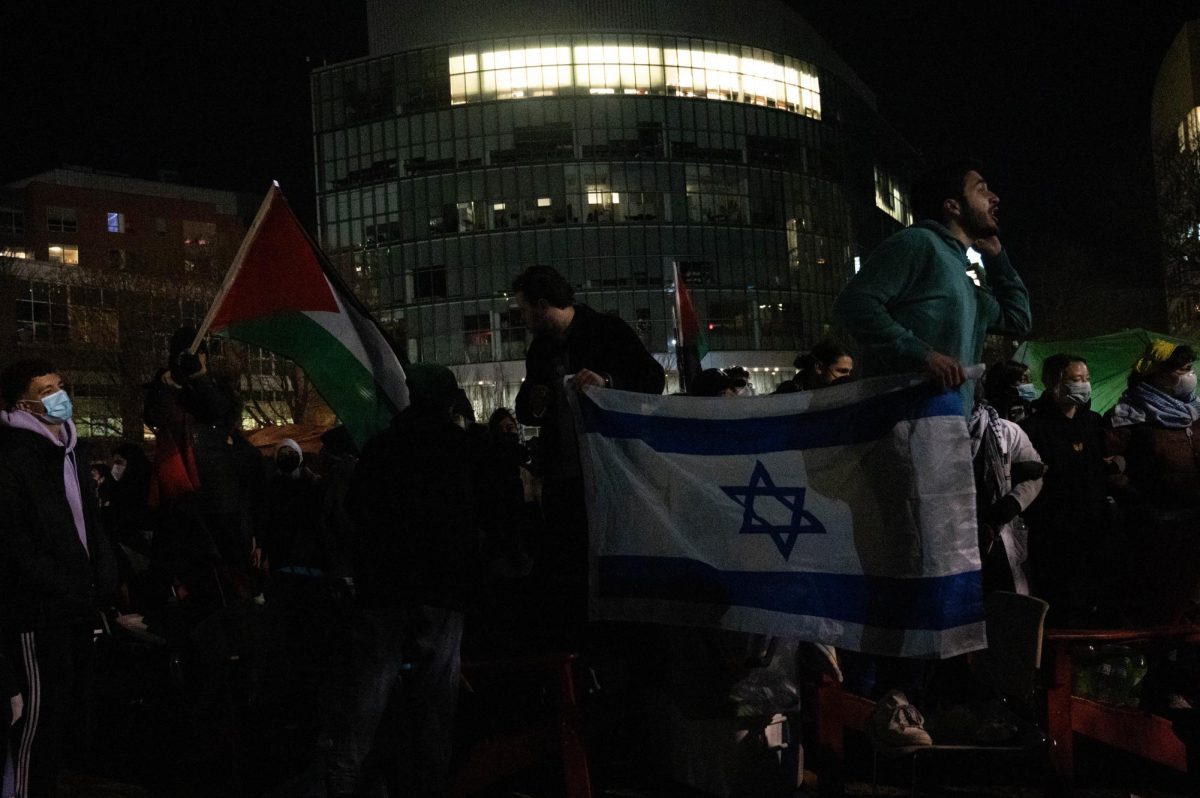Saint Patrick’s Day, my humble isle’s annual moment de gloire on the international stage, has rendered me even more uncertain as to the whole idea of a collective national identity than ever before.
Our campus was splendidly adorned in green, with meandering students slurring inebriated affinities to Ireland that, judging by their last names, were tenuous at best.
“Ah Brian Vasquez, of the Galway Vasquez family I presume?”
It would have been rather easy for me to scoff at the inauthenticity of many Americans’ attachment to my land of birth but upon contemplation, I’ve never been quite so sure about my own sense of “Irishness” and have always approached the notion of national pride with abstract intrigue rather than fervent amour-propre.
American’s sense of nationality is not one of tremendous subtlety. There is a great sense of attachment to what one might call obvious emblems of nationality. The red white and blue is omnipresent, flying proudly above commercial institutions and even places of residence. If a flagpole was erected outside of a house parading the Irish tri-color back home, people might suspect its inhabitants to be involved in some sort of paramilitary organization.
The political and judicial institutions of this country are far more intertwined with what it means to be American than is the case in Ireland. Of course like most countries, there is a great deal of mistrust and dissatisfaction with the people who operate them but they at least appear to be of American. Irish institutions are pitiful elegies to those that came before during times of British colonialism. So not only do we share your disapproval for those in authority, we cannot even console ourselves with the fact that at least the institutions of authority themselves embolden some sense of who we are as a nation and as a people.
Ask an American what it means to be a citizen of the United States and the response will be a list of quite concrete principles: Freedom, democracy, liberty, etc. Ask an Irish person what it means to be a citizen of Ireland and after about 10 seconds of hums and haws you’ll get a vague answer, probably centred on the word “craic,” which appears to me to be a playful superlative used to describe a rather lax attitude to alcohol and social order.
One can see this in our national holidays. America has its celebrations of great figures like George Washington and Martin Luther King, embodying the aforementioned American principles, and Ireland has Saint Patrick’s Day, symbolizing our supposed love for life and joviality. Both populations are also not shy in telling the world just how great we are. Irish people might mock Americans for their flag-waving patriotism, but we are just as proud in our own way. Our nationality is, admittedly, more vague in definition than America’s but it does not stop us from being fiercely proud of it.
And so as I slowly transgressed from sobriety into a shameful Irish stereotype on Paddy’s day, my last lucid and alcohol-free thought was what a curious need we residents of this earth have to attach ourselves to any concept of the collective, race, religion, nationality, anything to make us feel like we are not alone. And for the most part there is nothing wrong with attaching oneself to any of these things; not least a sense of nationality, be it the forceful American variety or the more amorphous Irish brand. But we should never invest too much in them nor become too proud of what are essentially happenstances of birth. We should always remain wary of those who do, for they are the people who shout the loudest because they have the least to say.
– Greg McInerny can be reached at
[email protected].


